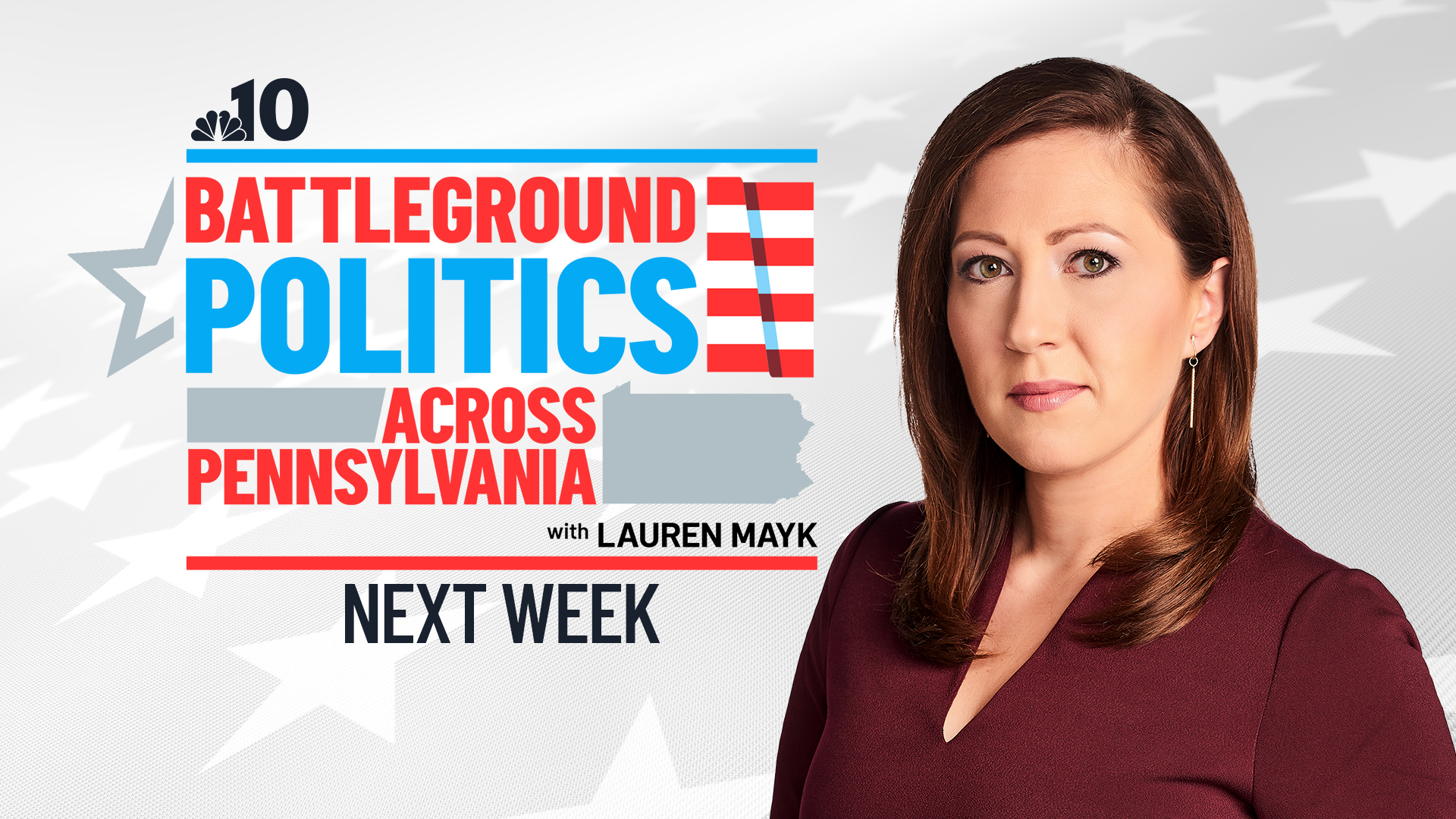What to Know
- As a second wave of coronavirus infections hits Philadelphia, the city has ramped up its contact tracing efforts.
- The health department hired 108 people so far of various races who speak different languages to help reach people exposed to COVID-19 infected people.
- Contact tracing thus far has helped the health department determine that travel is the primary driver of new infections.
A new division in Philadelphia's health department has 108 people helping to track the spread of the coronavirus, city leaders said Tuesday.
That number is divided between case interviewers, contact tracers and supervisors, Commissioner Dr. Thomas Farley said in a news conference. A spokesman later told NBC10 that number is broken down into 11 supervisors and progammatic roles, 13 case investigators, 82 contact tracers (including 9 who oversee teams but still do tracing work themselves) and 2 data workers. Plus, there are 11 more workers in training; when they're done, the division will have 119 working staff.
He said the city has made an effort to include a diverse staff to reach all communities. The application was posted in four different languages - English, Spanish, Vietnamese and Simplified Chinese - and the city reached out to local organizations in neighborhoods that were at a high risk for the infection.
The current makeup of the staff is:
- 57% Black
- 25% white
- 6% Latino
- 11% Asian
Of that total, 16% were born outside of the U.S., and 35% can speak a language other than English. They are broken up into 5 teams, one of which is a Spanish-language team.
Local
Breaking news and the stories that matter to your neighborhood.
At a virtual City Council hearing earlier Tuesday, Farley said the department has eight priorities to change discriminatory health systems. Those include more frequent inspections at frontline businesses that employ minority workers, and hiring a diverse staff in contact tracing.
"Philadelphia is a very diverse city, and the people who are affected by COVID are diverse. We just got out of that hearing this morning, there are much higher rates in African Americans than Caucasians," Farley said in the news conference.
The work they've done
Work already done by the contact tracers has shown a spread in cases coming from people who traveled out of state, most commonly to the Jersey Shore. Though spending time on the beach was not the issue, Farley said. It was mostly in people who attended social gatherings or were in a crowd while vacationing.
From Sunday to Friday last week, the group attempted to reach 613 people who tested positive and for whom the city had a phone number. Fifty-five percent completed the interview, 6% declined, and 38% couldn't be reached.
Of the people who did the interview, there were an average of 2.7 close contacts per person, Farley said. Tracers reached those contacts 73% of the time.
The city is working on finding numbers for other people who have tested positive and hopes to encourage people to cooperate.
Successful tracing "requires the cases and the contacts to voluntarily cooperate with us. That requires our trust. And that in turn requires our staff to have strong interpersonal skills, the sort of people that you would trust," he said.
The city is starting a public information campaign to encourage trust in the tracers and their mission.
“Many people have a view of government workers as some kind of bureaucrat," Farley said. "We want people in Philadelphia to understand who the people are who are doing this work. How human they are and how they’re doing ...service to others.”
Penn, MLB do their own tracing?
Amid news that multiple players on the Miami Marlins tested positive for the coronavirus, Farley said Major League Baseball was handling the contact tracing for those cases.
NBC10 asked: what other organizations are doing their own contact tracing? James Garrow, a spokesman for the health department, said the city is handling the vast majority of it in the city. But the University of Pennsylvania Health System is contact tracing patients in the system.
"Some other organizations are doing small contact tracing efforts and as we learn of them we are trying to coordinate with them to reduce chances that someone is double traced or missed. Many of these are very small and we're working out the details of our relationship with them," he said in an email.
NBC10's Mitch Blacher contributed to this report.



